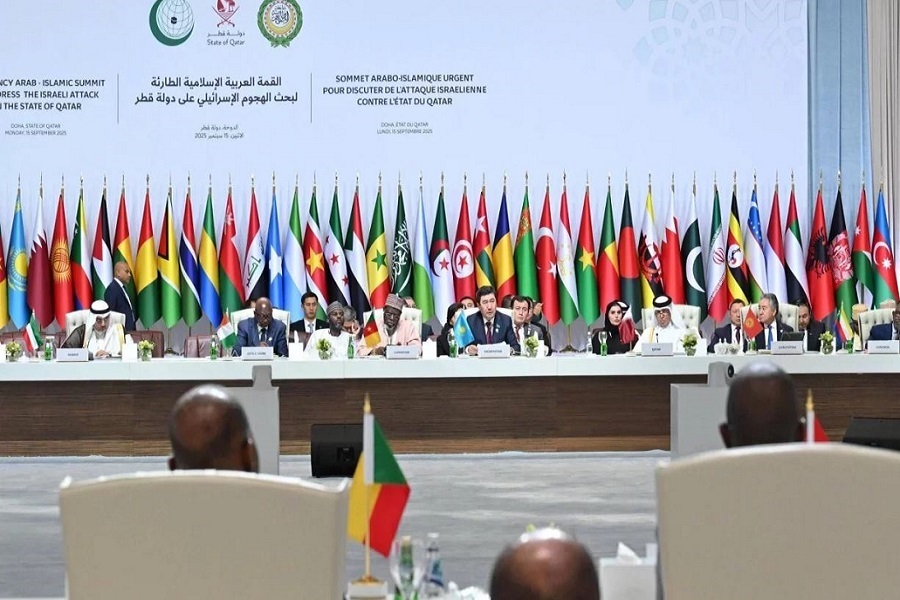Scholar Urges Creation of Islamic Union to Counter Western Hegemony

Hojat-ol-Islam Seyed Sajjad Izdehi, an associate professor of politics at the Research Institute for Islamic Culture and Thought, said fragmented Islamic nations must find ways to coordinate and cooperate if they are unable to stand independently against external threats.
Speaking at a conference on Sunday, he said that Muslim countries should “become strong and powerful” to stand against enemies. “If small nation-states cannot do so individually, they must unite.”
Izdehi pointed to the European Union and NATO as examples of how countries with different governments and even internal disagreements can still pursue joint strategies in defense, security, and economic policy.
Read More:
“In Europe, there are multiple voices,” he said. “Between the US, Europe, and Israel, too, there are diverse opinions, but when it comes to security and defense, they adopt a unified stance and create synergy.”
He argued that Muslim countries could follow a similar path. “A joint union between Islamic countries, along with agreements, a fund, a common currency, and a shared market, must be established, because this would create collective strength,” he said.
Izdehi added that new forms of cooperation, such as the Shanghai Cooperation Organization, could complement Islamic unity, with the ultimate aim of reducing Western and NATO dominance in global affairs.
4306335



